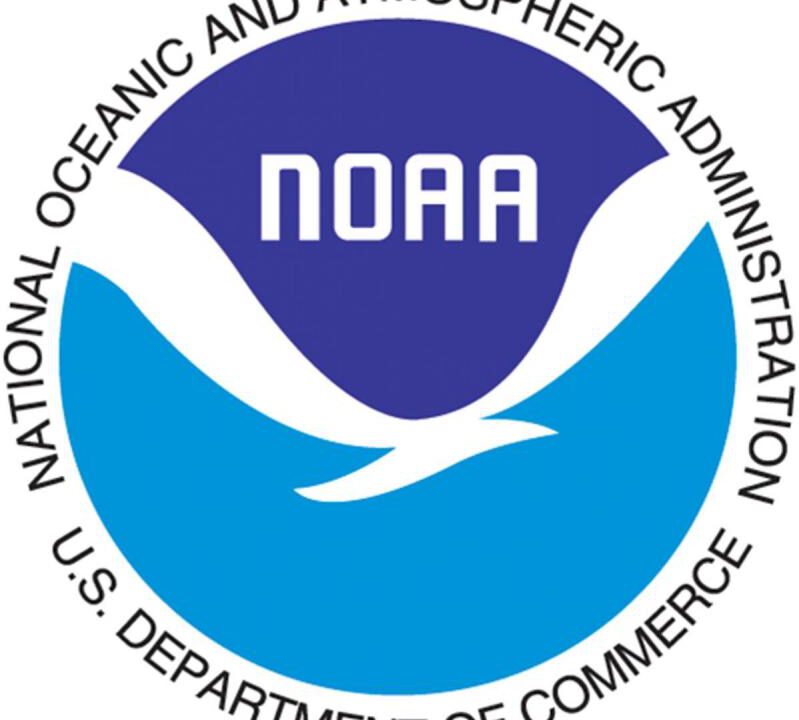
NOAA Estuaries 101 Activities
Lessons and activities that vary from hands on, experiments, fieldwork, and data collection all designed to complement coursework in grades k-12.

Lessons and activities that vary from hands on, experiments, fieldwork, and data collection all designed to complement coursework in grades k-12.
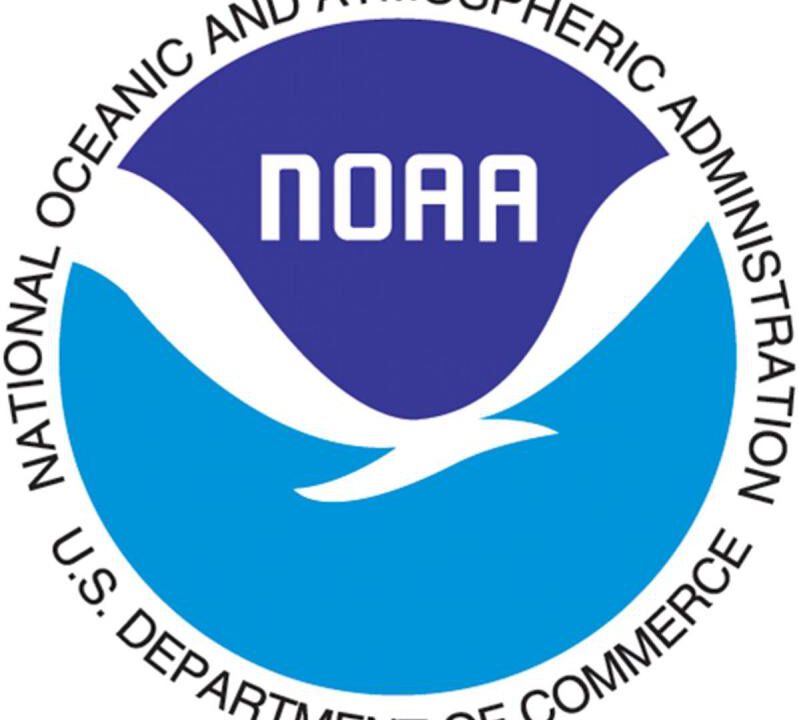
Mathematical model using digital elevation data, which simulates sea level rise impacts on wetlands and shorelines. Students can measure the potential impacts of sea level rise on wetland grasses and
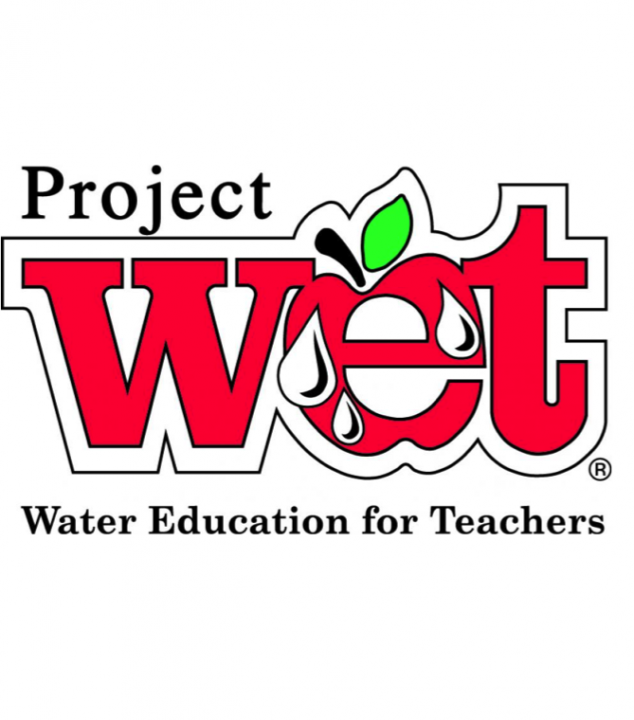
Project Wet is a great resource that includes Water Resource Education Materials, Teacher Training Workshops, Activities, Blogs, Educator Guides, Maps and Posters, Teacher Kits, and Downloadable Activities and Books.
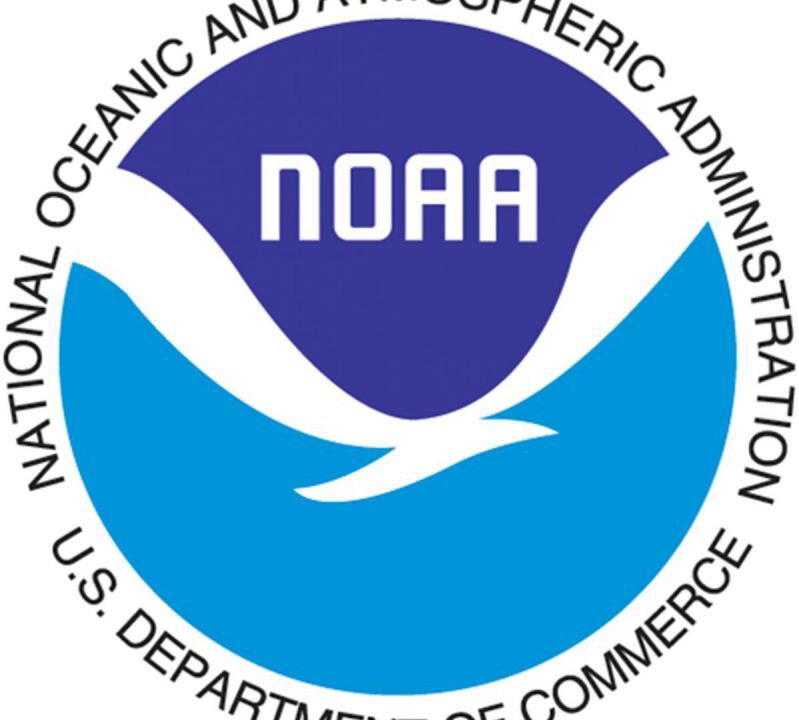
Visit your local Science on a Sphere and discover climate change, storms, ocean temperature, and more on the 6-ft. diameter animated globe.

Includes Teacher Resources including Free Online Courses, Lesson Plans, National Geographic maps and more! Students engage in activities, campaigns, articles, and blogs to actions to make the world a better place for
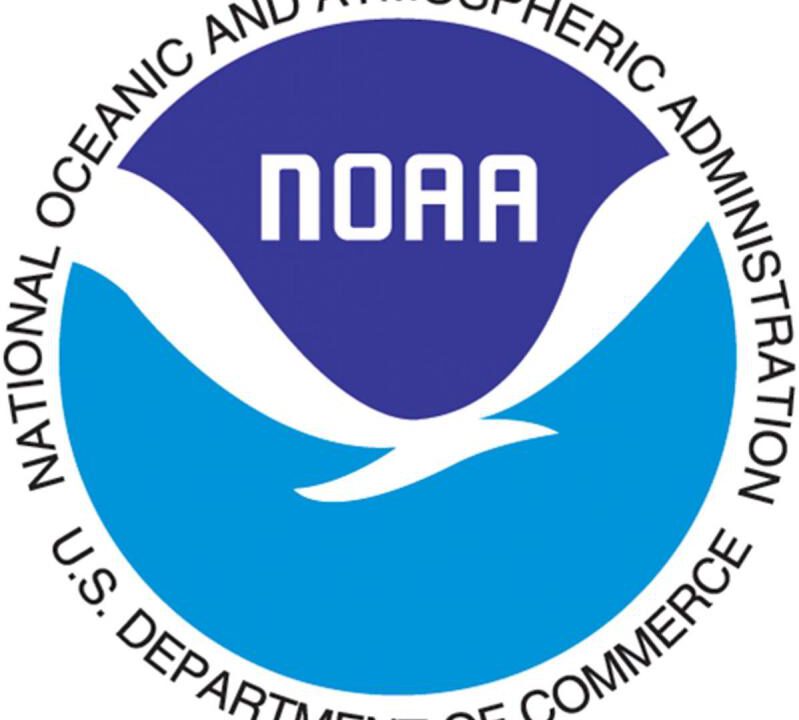
A resource including fundamental concepts for Teaching Climate Science. The Teaching Climate Science section supports the Next Generation Science Standards. Enjoy lesson plans, activities, maps and more about our changing
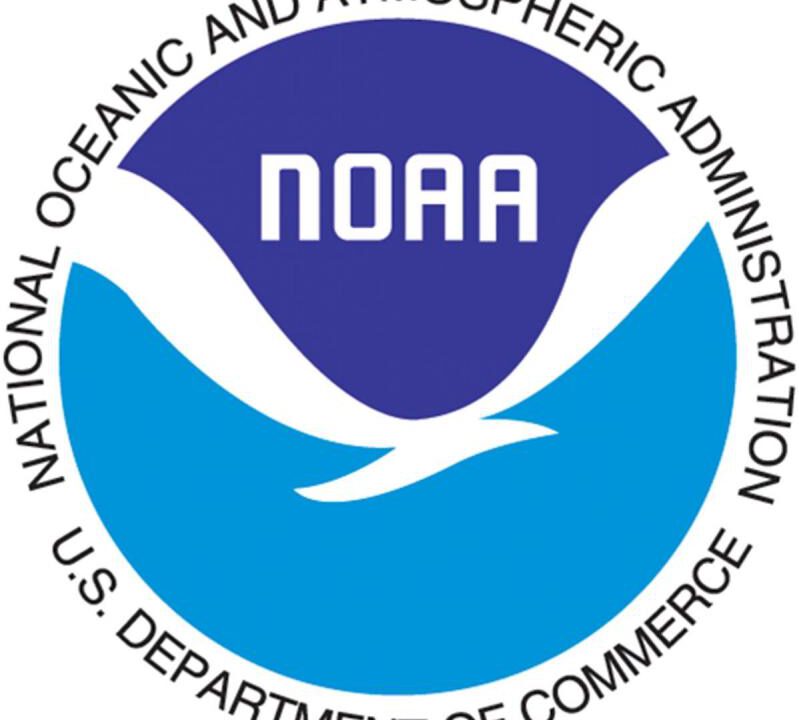
A collection of educator reviewed Climate Lesson Plans. Includes activities, videos, animations, short demonstrations and more!
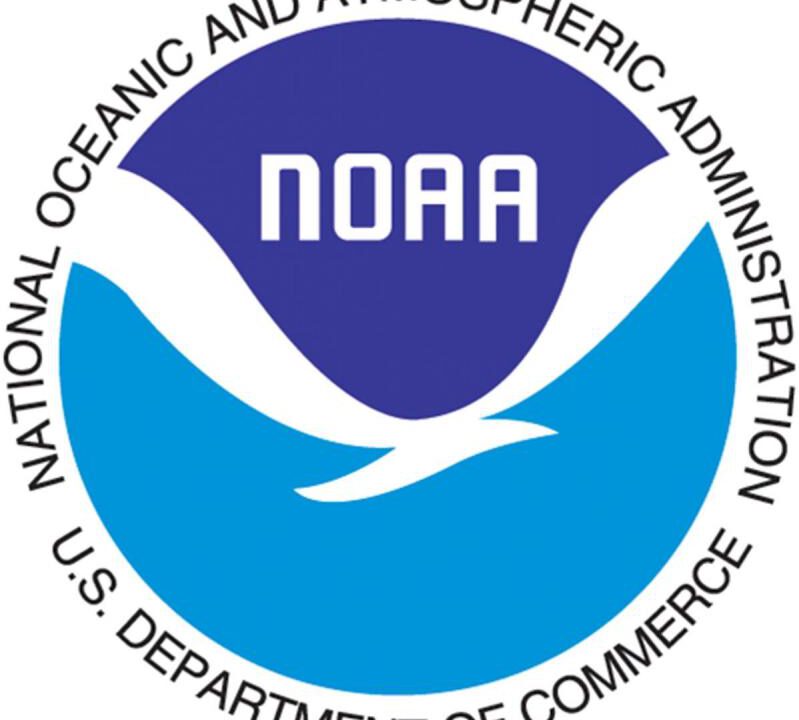
Compare weather data between estuaries at different latitudes to determine trends between air and water temperature and dissolved oxygen.
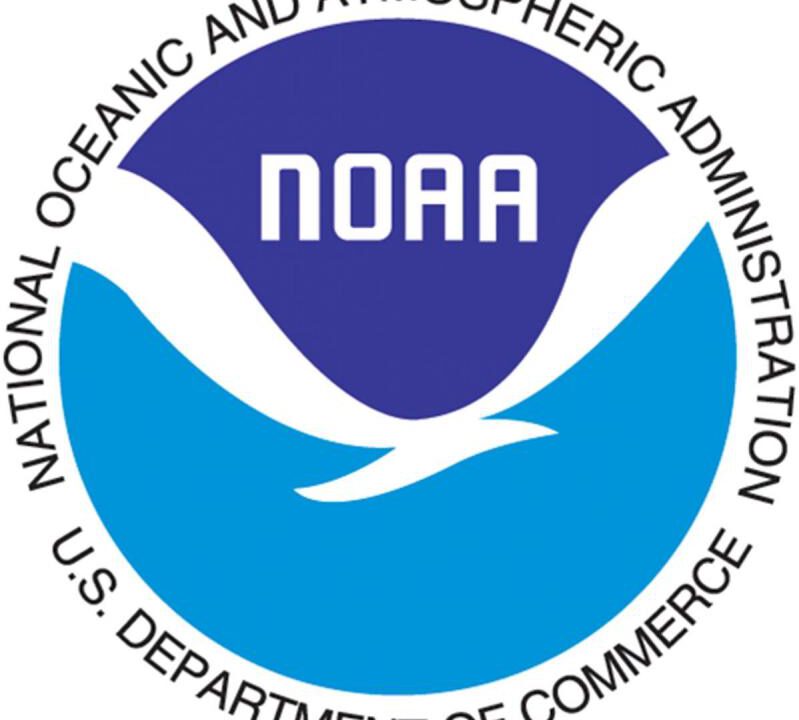
Students will build an estuary food pyramid and discuss how marine food webs will be impacted by climate change through a scientific article.
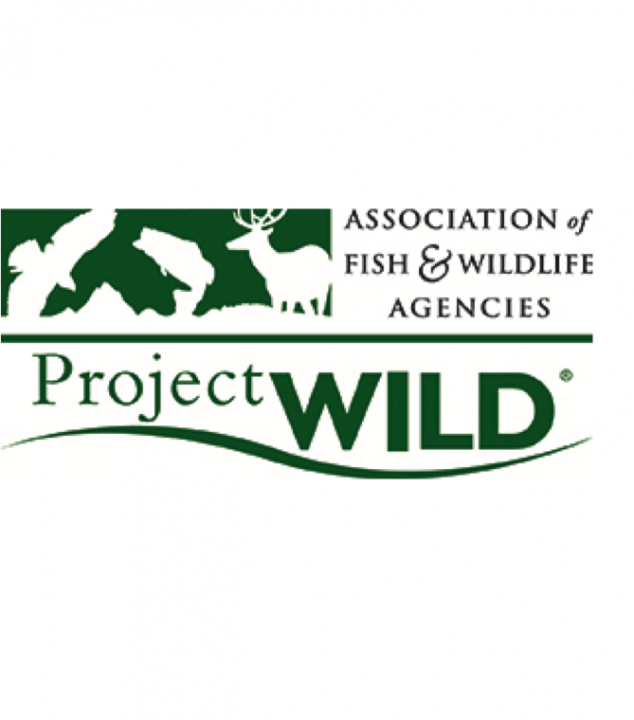
Project Wild is a great resource that includes Teacher Workshops, Teacher Training, Activities, Field Investigations, and Student Resources. Topics focus on Conservation, Wildlife, Natural Resource management, Renewable Energy Sources, habitats,
Thank you for your interest in the Elizabeth River Project’s Ryan Resilience Lab. We’re delighted that our site is in high demand. As the Ryan Resilience Lab is operated by a small non-profit with a big environmental mission, please help us make sure your event is a great fit.
Our priority is to host groups with relevance to our mission: to restore the Elizabeth River through equitable collaboration with diverse communities, governments, and businesses. When space and staff support are available, we are happy to host such groups free of charge, but do request that you consider an organizational membership and allow us to offer the opportunity for individual memberships.
Please fill this form out at least 30 days in advance of the event.